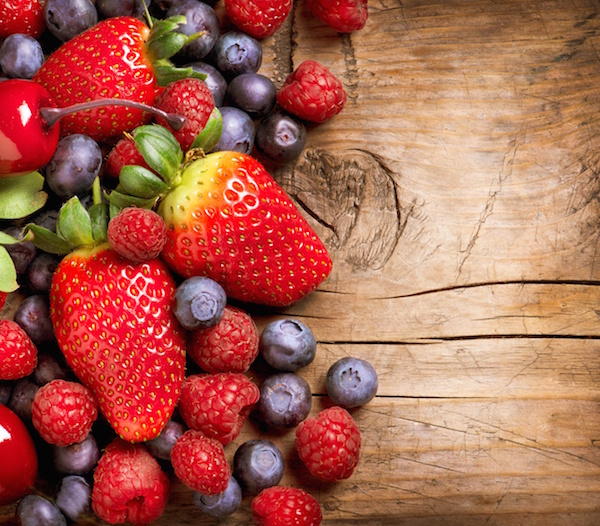
(HealthDay News) — Foods that bear the label “organic” must meet standards set by the U.S. Department of Agriculture, chiefly that they must be grown without the use of chemicals or pesticides.
While organic foods are sometimes touted as healthier, they’re generally more costly. So, are they really worth it?
The American Academy of Family Physicians offers this information:
- Many organic foods have the same nutritional value as their non-organic counterparts. However, some organic produce products may be more nutritious simply because of the way they were farmed.
- Organic foods do not contain pesticides, synthetic ingredients or growth hormones. So, eating organic foods may reduce the risk of possible health problems caused by such ingredients.
- Organic produce does not have preservatives, and may be grown locally and have a fresher taste. Organic produce may also spoil more quickly.
- Organic foods are designed to be better for the environment.

